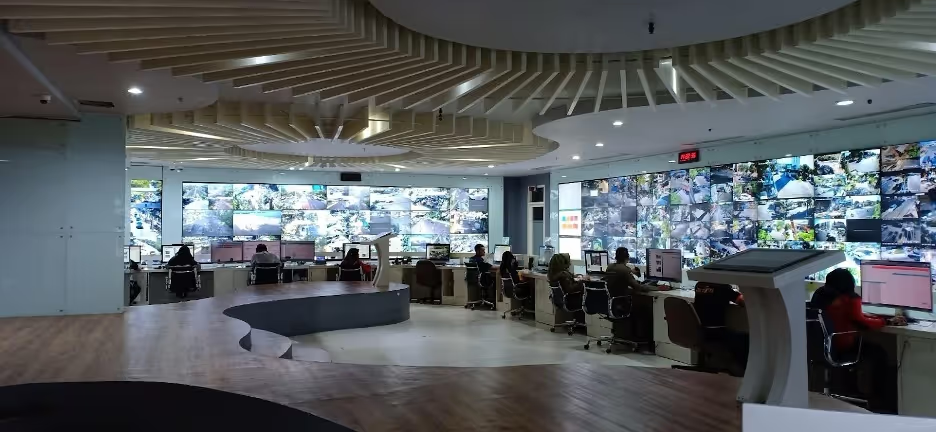
Smart City and Coastal Disaster Management
Cities that are located in coastal areas face a particular challenge due to the changing climate. Sea level rise, storm surges and floods are just some of the disastrous phenomena that threaten coastal cities. With the advancement of technology, devising ICT in the Disaster Management System has become widely prevalent for city government.
































